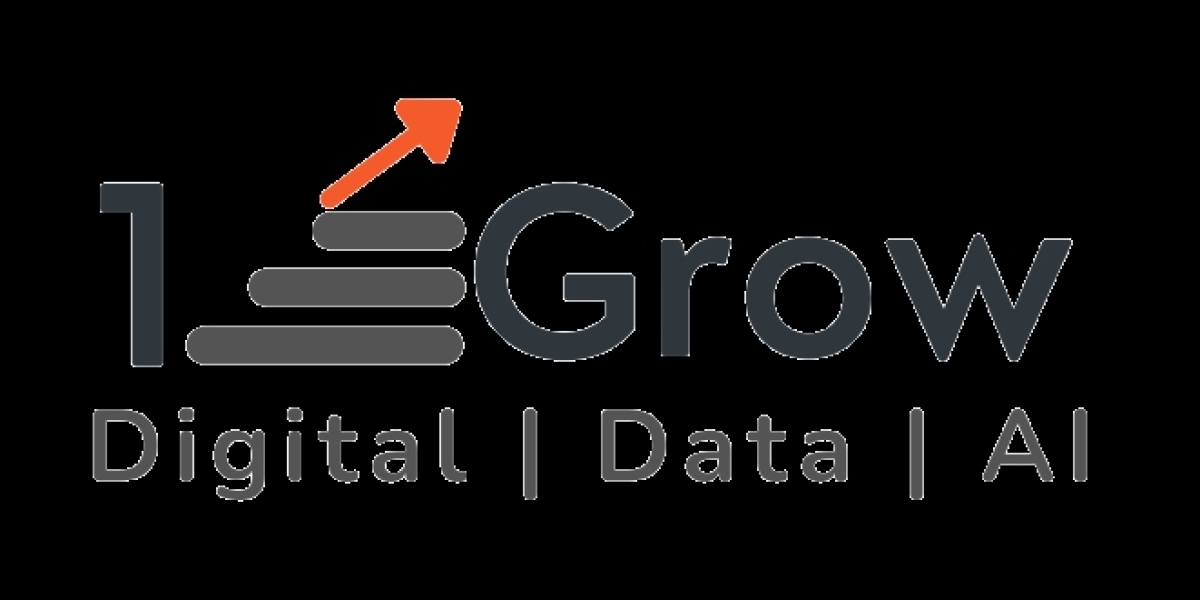1. Predictive Analytics for Customer Behavior
One of the most impactful applications of data science in business is predictive analytics for understanding and predicting customer behavior. By analyzing historical data, businesses can uncover patterns and trends that provide valuable insights into customer preferences, purchasing habits, and potential churn. Predictive models built with data science techniques enable organizations to forecast future customer actions, allowing for targeted marketing strategies, personalized customer experiences, and proactive retention efforts.
For instance, e-commerce platforms utilize predictive analytics to recommend products based on users' browsing and purchase history. This not only enhances the customer shopping experience but also increases the likelihood of successful transactions, contributing to improved revenue and customer satisfaction.
2. Supply Chain Optimization through Data-driven Insights
In the realm of supply chain management, data science plays a pivotal role in optimizing operations and improving efficiency. By analyzing data related to inventory levels, production schedules, transportation logistics, and market demand, organizations can make data-driven decisions to streamline their supply chain processes.
Predictive modeling can forecast demand fluctuations, allowing businesses to adjust inventory levels accordingly and reduce the risk of overstock or stockouts. Machine learning algorithms can optimize route planning for delivery fleets, minimizing transportation costs and improving delivery timelines. Overall, data science empowers organizations to create agile and responsive supply chains that can adapt to dynamic market conditions.
3. Fraud Detection and Cybersecurity
As digital transactions become more prevalent, the risk of fraud and cybersecurity threats has escalated. Data science provides a robust solution for businesses to combat these challenges by implementing advanced fraud detection systems. Machine learning algorithms can analyze transaction patterns, user behaviors, and anomalies in real-time to identify potentially fraudulent activities.
In the financial sector, for example, banks leverage data science models to detect unusual patterns in credit card transactions and swiftly flag unauthorized activities. By continuously learning from new data, these models can adapt to evolving fraud tactics, providing a proactive defense against cyber threats and ensuring the integrity and security of financial transactions.
4. Employee Productivity and Talent Management
Data science is increasingly being applied to human resources and talent management, transforming the way organizations recruit, retain, and develop their workforce. Through the analysis of employee data, businesses can gain insights into factors influencing productivity, employee satisfaction, and retention rates.
Predictive analytics can aid in identifying high-potential employees, predicting attrition risks, and optimizing workforce planning. Additionally, sentiment analysis on employee feedback and engagement surveys can provide valuable insights into organizational culture, helping businesses create a workplace that fosters collaboration, innovation, and employee well-being.
5. Personalized Marketing Campaigns
In the era of information overload, generic marketing campaigns often fall short of capturing consumers' attention. Data science enables businesses to create highly targeted and personalized marketing campaigns by analyzing customer data, preferences, and behaviors.
By employing machine learning algorithms, organizations can segment their customer base and tailor marketing messages to specific demographics or individual preferences. This level of personalization not only increases the relevance of marketing efforts but also enhances customer engagement and loyalty. E-commerce platforms, streaming services, and online retailers leverage data science to recommend products, content, and promotions tailored to individual users, thereby maximizing the impact of their marketing initiatives.
The Future Landscape of Data Science in Business
As we delve into the myriad applications of data science in business, it becomes evident that its impact is far-reaching and transformative. From predicting customer behavior to optimizing supply chains, detecting fraud, enhancing employee productivity, and personalizing marketing campaigns, data science has become an indispensable tool for organizations seeking to gain a competitive edge in the digital age.
Looking ahead, the landscape of data science in business is poised to evolve further. Advancements in artificial intelligence, machine learning, and data analytics will continue to shape how businesses harness the power of data. Additionally, the growing emphasis on ethical data use and privacy considerations will influence how organizations collect, store, and analyze data, ensuring responsible and transparent practices.
In conclusion, data science is not merely a technological advancement; it is a strategic imperative for businesses navigating the complexities of the modern market. Organizations that embrace data science as a core element of their operations are better positioned to adapt to change, innovate, and thrive in an environment where data-driven decision-making is the key to success. As businesses continue to unlock the potential of data science, the journey towards unprecedented insights, efficiency, and growth unfolds, offering a promising future for those at the forefront of this transformative discipline. Consider enrolling in the Advance Data Science Course by 1stepGrow to take your data science career to the next level.









